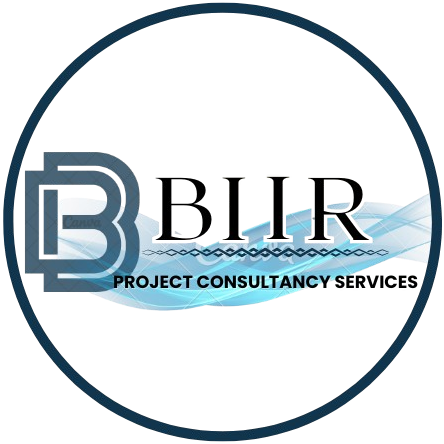New Report for Epoxy Resin: Versatile Industrial Applications
Epoxy resin is widely used in various industries due to its strong adhesive properties and chemical resistance. The applications of epoxy resin span across construction, automotive, electronics, and marine industries, making it a highly versatile material. This report explores the financial viability of establishing an epoxy resin manufacturing plant.
Market Potential
The demand for epoxy resin is growing across industries such as construction, automotive, and electronics. The material’s versatility and durability make it essential for numerous applications, ensuring a steady market.
Technical Feasibility
Raw Materials
- Epichlorohydrin and Bisphenol-A: Primary raw materials for epoxy resin production.
Production Process
- Reaction: Reacting raw materials to produce epoxy resin.
- Purification: Purifying the resin to remove impurities.
- Packaging: Packaging the resin for distribution.
Plant Layout and Machinery A typical plant layout includes:
- Reaction Unit
- Purification Unit
- Packaging Unit
Financial Analysis
Total Project Cost
- Land and Site Development: ₹10 crore
- Plant and Machinery: ₹50 crore
- Installation and Erection: ₹10 crore
- Preliminary and Pre-operative Expenses: ₹10 crore
- Working Capital: ₹10 crore
- Total Estimated Cost: ₹90 crore
Revenue Generation Revenue from the sale of epoxy resin is estimated based on market rates.
Cost of Production
- Raw Material Cost: ₹25 crore per annum
- Operating Expenses: ₹10 crore per annum
- Maintenance and Utilities: ₹5 crore per annum
Profitability Analysis
- Total Annual Revenue: ₹108 crore
- Annual Expenses: ₹40 crore
- Net Profit: ₹68 crore
- Rate of Return: 18%
- DSCR: 1.8
If you require more detailed reports or specific information from BIIR Project Consultants for your any manufacturing plant startup, follow these steps to establish contact and obtain the necessary assistance:
1. Visit the BIIR Website
Start by visiting the official website of BIIR Project Consultants. This will give you access to a wealth of information regarding their services, project reports, and contact details.
2. Contact Information
Gather the contact information from the website. This typically includes email addresses, phone numbers, and physical addresses. Look for a dedicated section for inquiries or contact us page.
Compose a professional email detailing your requirements. Here is a sample template you can use: click here

